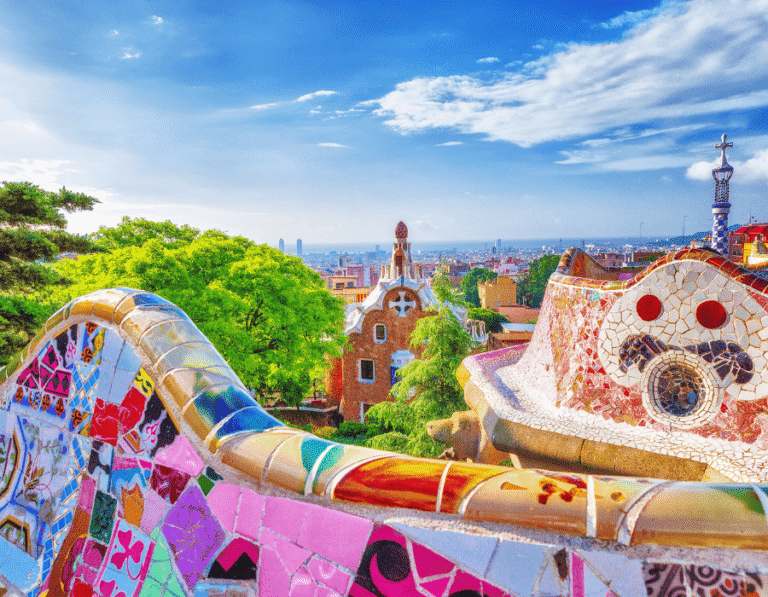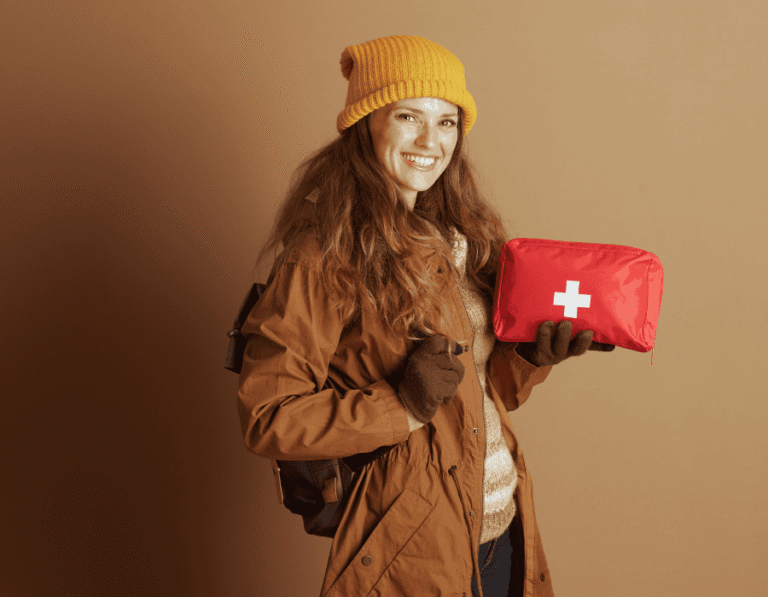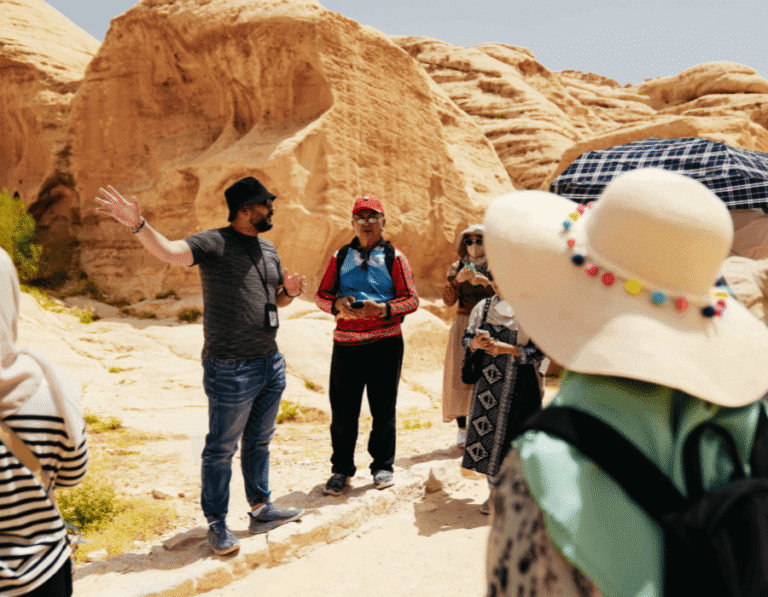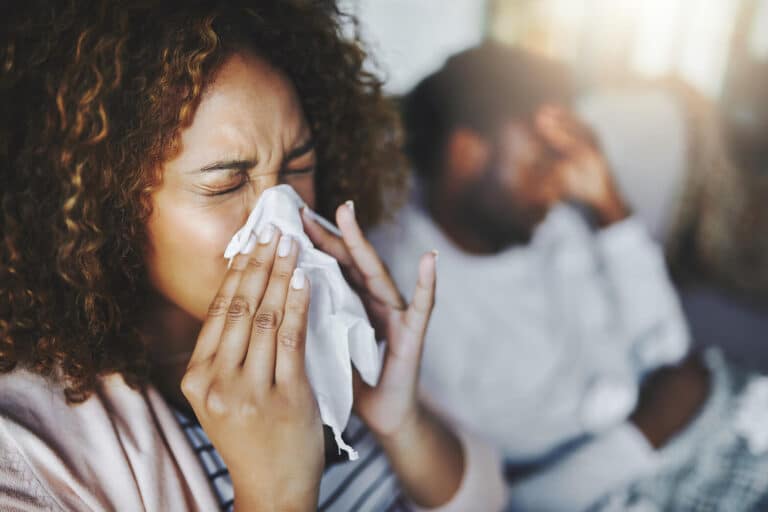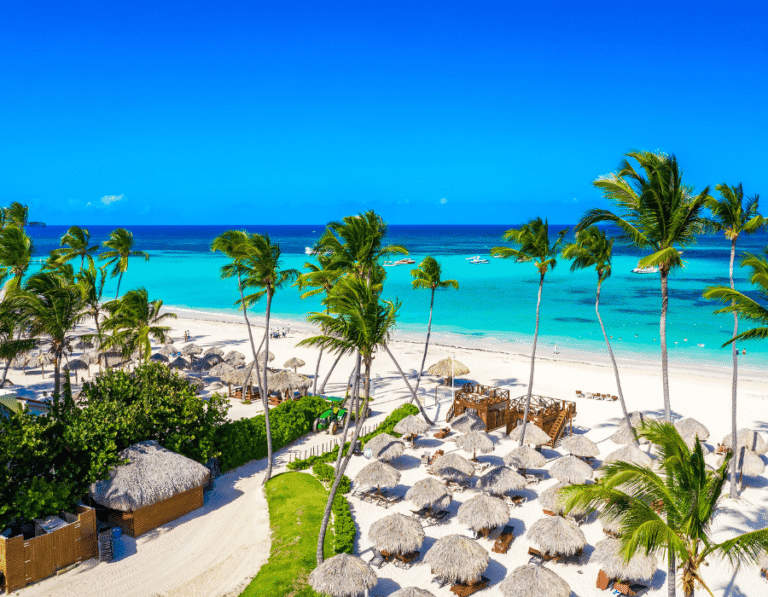Getting sick abroad can be stressful — especially in a city as big and bustling as Seoul. But don’t worry. Whether you’re here for a weekend getaway, a long business trip, or a year of study and adventure, you can find the care you need without losing precious time (or your sanity). This guide covers exactly what to do if you feel unwell in Seoul — from navigating the healthcare system to finding English-speaking doctors, understanding local pharmacies, and knowing when to seek emergency care.
Understanding Seoul’s Healthcare System
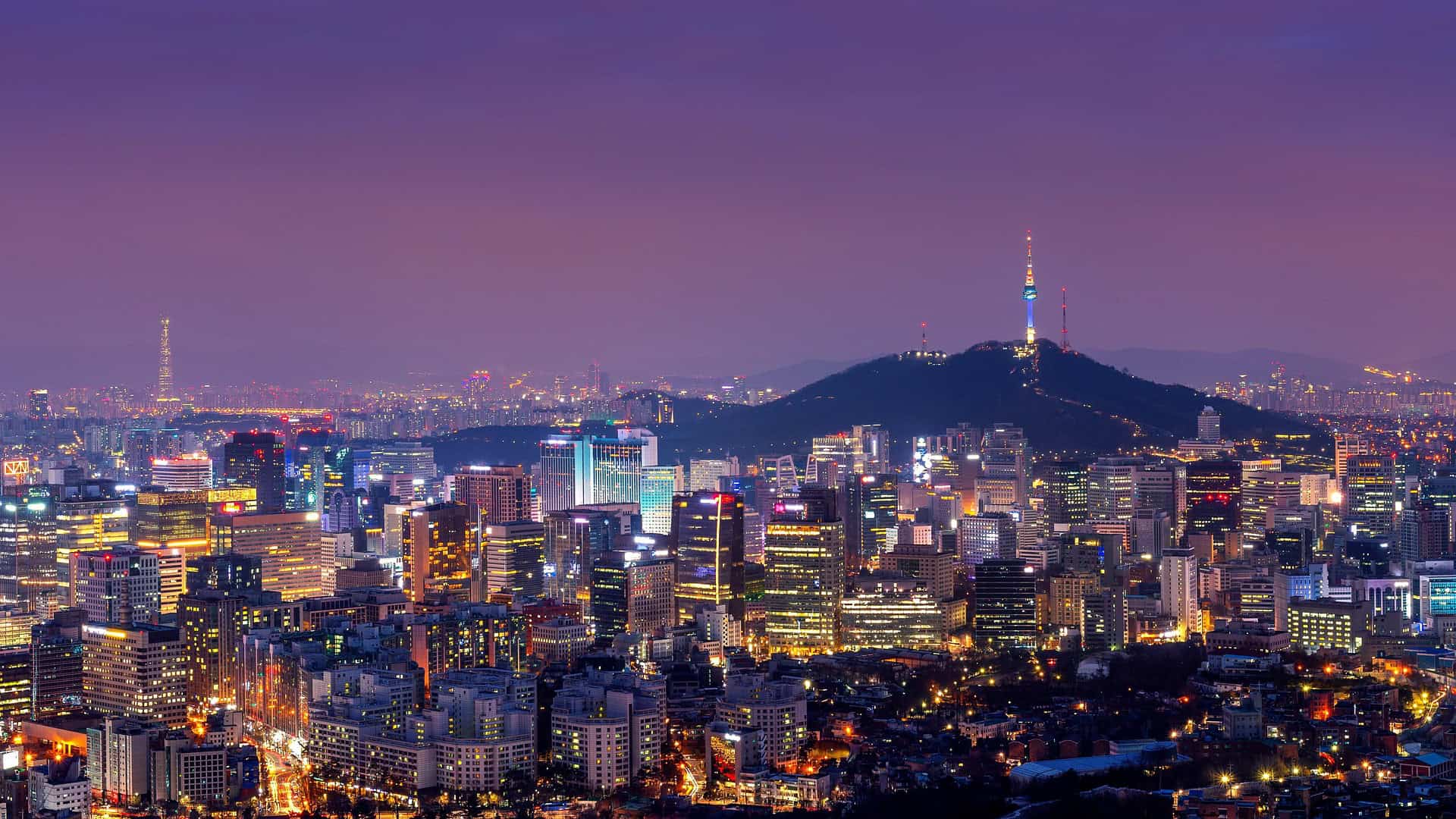
Seoul’s healthcare is modern, efficient, and high quality. But as a visitor, knowing how it works will save you time and confusion.
Private vs. Public
- Public hospitals are generally cheaper but can have longer wait times and less English spoken.
- Private hospitals and clinics are faster, more comfortable, and more likely to have English-speaking staff — but they cost more.
Emergency Medical Care
Here are the essentials if you’re sick in Seoul.
Essential Emergency Numbers
- Medical emergencies: Call 119 (ambulance/fire)
- Police: Call 112
- Foreign language assistance: Dial 1330 (Korea Travel Hotline — 24/7 help in English)
How to Call an Ambulance in Seoul
Dial 119 and clearly state your location. If you’re not confident in Korean, ask for an English interpreter.
Hospital vs. Urgent Care Clinic
- Hospital: For serious injuries, high fever, or severe illness.
- Urgent care clinic: For minor illnesses, injuries, or non-life-threatening issues.
Pharmacies & Medication: What You Need to Know
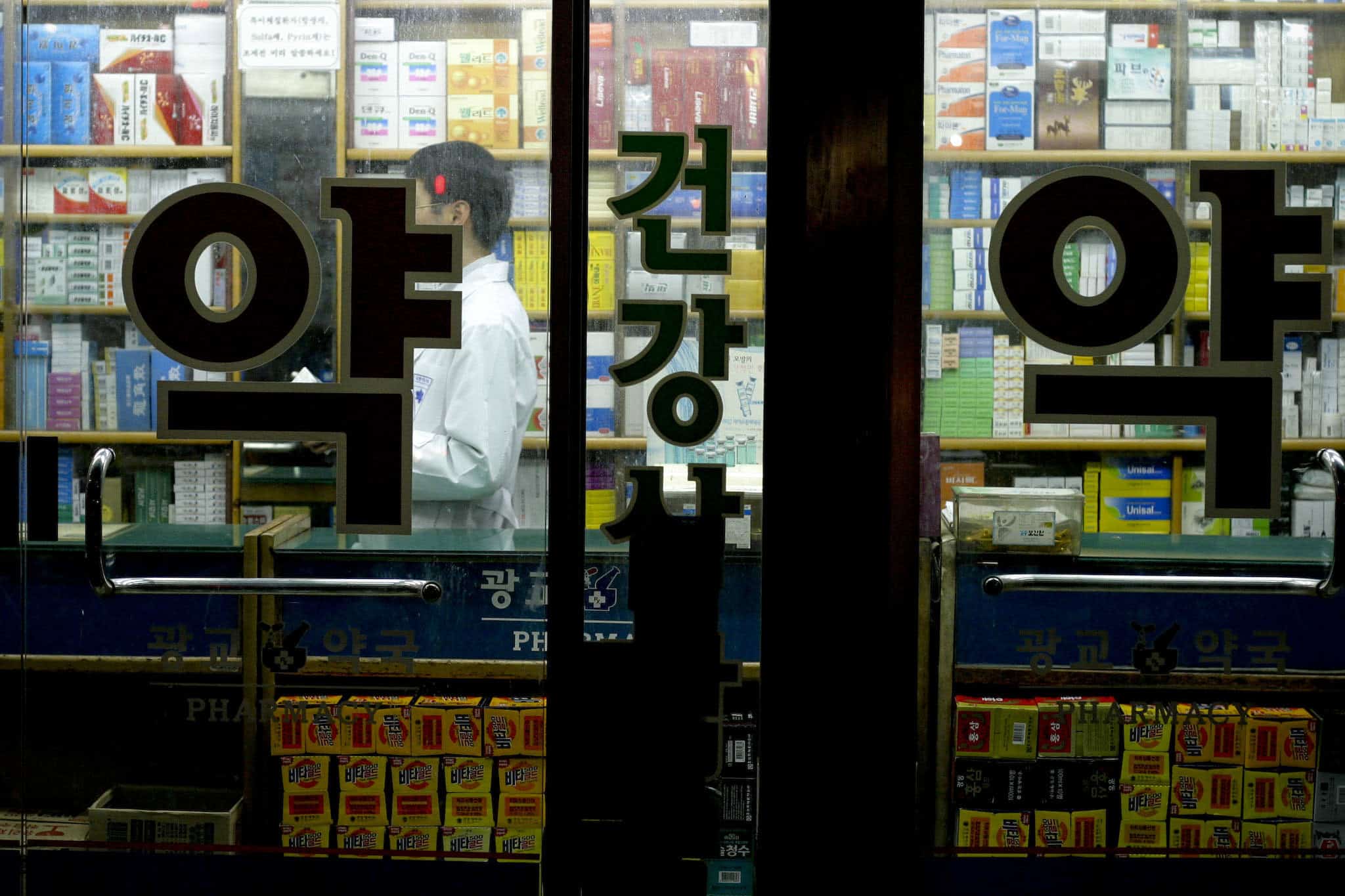
Pharmacies (약국 yak-guk) are everywhere in Seoul, but they may close early (often by 9 PM). Look for 24-hour pharmacies in busy areas like Gangnam, Myeongdong, or near large hospitals.
- Over-the-counter medicine is more limited than in some countries.
- Other meds require a doctor’s visit first.
If You Have Travel Insurance
Before visiting a clinic or hospital:
- Call your insurance provider’s helpline.
- Ask which hospitals they partner with in Seoul.
- Keep receipts and doctor’s notes for your claim.
Documents your insurer may request:
- Doctor’s note (detailing your diagnosis and treatment)
- Original receipts
- A copy of your passport and travel insurance policy
Language Barriers
While many Seoul doctors speak some English, smaller clinics may not. Here are a few useful Korean phrases:
- “I feel sick.” – 저 아파요 (jeo apayo)
- “I need a doctor.” – 의사가 필요해요 (uisaga piryohaeyo)
- “Where is the hospital?” – 병원이 어디예요? (byeong-woni eodieyo?)
How to Avoid Getting Sick in Seoul
- Tap water: Safe to drink in Seoul, but some travelers prefer bottled water.
- Food safety: Street food is generally safe, but stick to stalls with high turnover and clean setups.
- Seasonal health: Watch out for high fine dust pollution in spring — wear a mask if needed.
Healthcare Tips for Pregnant Travelers & Those with Pre-Existing Conditions
Seoul has excellent specialists, but not every hospital offers maternity or chronic care in English. Use apps like Air Doctor to book directly with the right specialist before your symptoms worsen.
Finding an English-Speaking Doctor in Seoul
One of the biggest challenges for travelers is finding a trustworthy, English-speaking doctor fast. With Air Doctor, you can:
- Browse vetted, local doctors who speak your language
- Book clinic, home, or video visits
- Get care 24/7, without the stress of searching
Getting Help Beyond Healthcare
If your illness affects your travel plans or visa, your embassy can:
- Help replace lost travel documents
- Contact your family
- Provide a list of recommended medical facilities
Recap
If you get sick in Seoul, here’s your action plan:
- Assess your symptoms — hospital for serious cases, urgent care for mild ones.
- Call 119 for emergencies.
- Use Air Doctor to find an English-speaking doctor fast.
- Keep all receipts and doctor’s notes for insurance claims.
About Air Doctor
With the Air Doctor app in your pocket, you can access medical care and receive expert medical guidance anywhere you travel.
Air Doctor offers a wide range of benefits, including:
- A global network of over 20,000 multi-lingual doctors and specialists
- Choice of clinic, at-home (hotel), and video consultations
- Healthcare access in 90 countries
- 24/7 multi-lingual support
- Transparent pricing and reviews
- Most common medical specialties, including cardiologists, gynecologists, and ENT specialists
FAQs
No — visitors must pay for medical care. Costs vary depending on the facility and type of treatment.
A basic consultation at a private clinic can range from $30–$70 USD, plus any additional tests or treatments.
Yes — many clinics accept walk-ins, but waits can be longer. Booking ahead ensures faster service.


